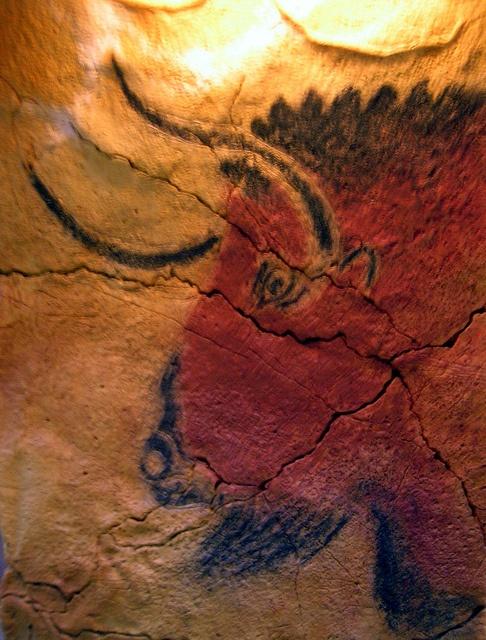Home › Forum Online Discussion › Philosophy › Chuang Tzu : How to live your life
- This topic has 2 replies, 2 voices, and was last updated 8 years ago by
c_howdy.
-
AuthorPosts
-
January 13, 2018 at 6:14 pm #51585
Prince Wen Hui’s cook was cutting up an ox. Out went a hand, down went a shoulder, he planted a foot, he pressed with a knee, the ox fell apart. With a whisper, the bright cleaver murmured like a gentle wind. Rhythm! Timing! Like a sacred dance, like ‘the mulberry grove,’ like ancient harmonies!
‘Good work!’ the prince exclaimed, ‘your method is faultless!’ ‘Method?’ said the cook laying aside his cleaver, ‘what I follow is Tao beyond all methods!”
“When I first began to cut of oxen I would see before me the whole ox all in one mass. After three years I no longer saw the distinctions.
“But now, I see nothing with the eye. My whole being apprehends. My sense are idle. The spirit free to work without plan follows its own instinct guided by natural line, by the secret opening, the hidden space, my cleaver finds its own way. I cut through no joint, chop no bone.
“A good cook needs a new chopper once a year – he cuts. A poor cook needs a new one every month – he hacks!
“I have used this same cleaver nineteen years. It has cut up a thousand oxen. Its edge is as keen as if newly sharpened.
“There are spaces in the joints; the blade is thin and keen: when this thinness finds that space there is all the room you need! It goes like a breeze! Hence I have this cleaver nineteen years as if newly sharpened!
“True, there are sometimes tough joints. I feel them coming, I slow down, I watch closely, hold back, barely move the blade, and whump! the part falls away landing like a clod of earth.
“Then I withdraw the blade, I stand still and let the joy of the work sink in. I clean the blade and put it away.”
Prince Wen Hui said, ‘This is it! My cook has shown me how I ought to live my own life!”
Chuang-tzu
 January 15, 2018 at 6:04 pm #51590
January 15, 2018 at 6:04 pm #51590Sorry, but in my opinion if one is interested in ancient verbalizations (for example Patanjali’s Yoga Sutras are more reflecting their origin as oral entity than written text) it’s Patanjali which is useful to start with.
David Gordon White has again made quite nice scholarly effort to understand this spiritual relic.
Recommended.
HOWDY
 January 15, 2018 at 11:02 pm #51592
January 15, 2018 at 11:02 pm #51592https://www.youtube.com/watch?v=MY1F7G_DFRk
-https://en.wikipedia.org/wiki/King_cobra-
The king cobra (Ophiophagus hannah) is a species of venomous snake in the family Elapidae, endemic to forests from India through Southeast Asia. This serpent is the world’s longest venomous snake. Adult king cobras are 3.18 to 4 m (10.4 to 13.1 ft) long. The longest known individual measured 5.85 m (19.2 ft). Despite the word “cobra” in its common name, this species does not belong to genus Naja but the sole member of its own. It preys chiefly on other snakes (!!!!!) and occasionally on some other vertebrates, such as lizards and rodents. It is a dangerous snake that has a fearsome reputation in its range, although it typically avoids confrontation with humans when possible. The king cobra is a prominent symbol in the mythology and folk traditions of Pakistan, India, Sri Lanka and Myanmar.
-
AuthorPosts
You must be logged in to reply to this topic.
